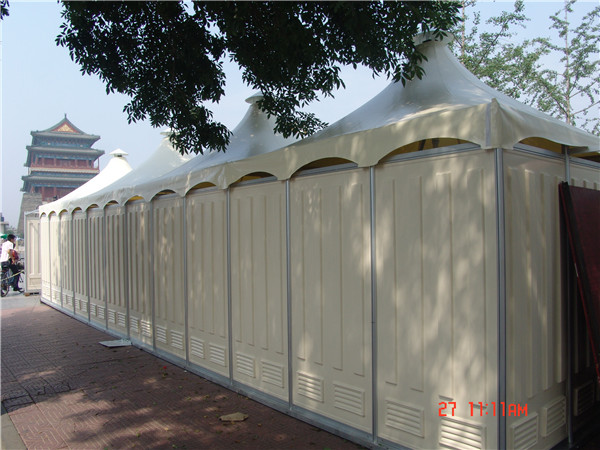Aug . 17, 2024 15:00 Back to list
HDPE Board Applications and Benefits in Modern Construction and Design
The Versatility and Benefits of HDPE Boards
High-Density Polyethylene (HDPE) boards have gained substantial popularity in various industries due to their incredible durability and versatility. As a robust thermoplastic made from petroleum, HDPE is known for its high strength-to-density ratio, making it a preferred material in numerous applications.
One of the most significant advantages of HDPE boards is their remarkable resistance to impact and abrasion. Unlike traditional wooden boards, HDPE boards are not prone to splintering or breaking easily, which enhances their longevity. This makes them ideal for environments where structural integrity is crucial, such as in playgrounds, marine applications, and various industrial settings. The ability of HDPE to withstand harsh weather conditions—such as humidity, UV rays, and extreme temperatures—further underlines its suitability for outdoor use.
The Versatility and Benefits of HDPE Boards
In addition to their physical properties, HDPE boards are also environmentally friendly. Many HDPE products are made from recycled materials, contributing to waste reduction and promoting sustainability. The recyclability of HDPE is a major selling point, as it can be repurposed repeatedly without losing its structural integrity. This aligns well with current trends favoring sustainable practices in both commercial and residential applications.
hdpe board

Installation and maintenance of HDPE boards are relatively straightforward. These boards can be easily cut into various shapes and sizes using standard woodworking tools, allowing for customization in projects ranging from furniture to landscaping. Additionally, they do not require regular maintenance, such as painting or sealing, due to their inherent resistance to moisture and pests. This ease of use not only saves time and effort but also reduces long-term costs associated with upkeep.
The versatility of HDPE boards extends into various sectors. In the construction industry, they can be used for flooring, wall panels, and roofing materials. In the agricultural sector, HDPE boards find their place in livestock housing and farm equipment. Furthermore, in the marine industry, due to their water-resistant properties, they are often utilized for docks, boat construction, and various aquatic applications.
For consumers and businesses alike, the array of colors and finishes available with HDPE boards enhances their aesthetic appeal, making them suitable for both functional and decorative purposes. Whether used in signage, design elements, or practical applications, HDPE boards offer endless possibilities to cater to diverse tastes and needs.
In conclusion, HDPE boards represent a progressive step in material technology, offering a blend of durability, chemical resistance, and environmental sustainability. Their ease of installation, minimal maintenance requirements, and versatility across various industries make them an excellent choice for modern applications. As awareness around sustainability continues to grow, the demand for materials like HDPE is likely to increase, further solidifying its place as a critical component in numerous sectors. Whether for industrial use or everyday applications, HDPE boards are proving to be a reliable choice, demonstrating that functionality and eco-friendliness can indeed go hand in hand.
-
High-Quality PPR Pipes and Fittings Durable ERA PPR & PVC PPR Solutions
NewsJul.08,2025
-
Black HDPE Cutting Board - Durable, Non-Porous & Food Safe HDPE Plastic Cutting Board
NewsJul.08,2025
-
High-Quality CPVC Panel Durable HDPE & PVC Panels Supplier
NewsJul.08,2025
-
Double PE Welding Rod Supplier - High Strength, Durable & Versatile Welding Solutions
NewsJul.07,2025
-
High-Quality PVC-O Pipe Supplier Durable 75mm PVC Pipe & Connections Leading PVC Pipe Company
NewsJul.07,2025
-
HDPE Drainage Pipe Supplier – Durable & Corrosion-Resistant Solutions
NewsJul.06,2025

